News
News
-
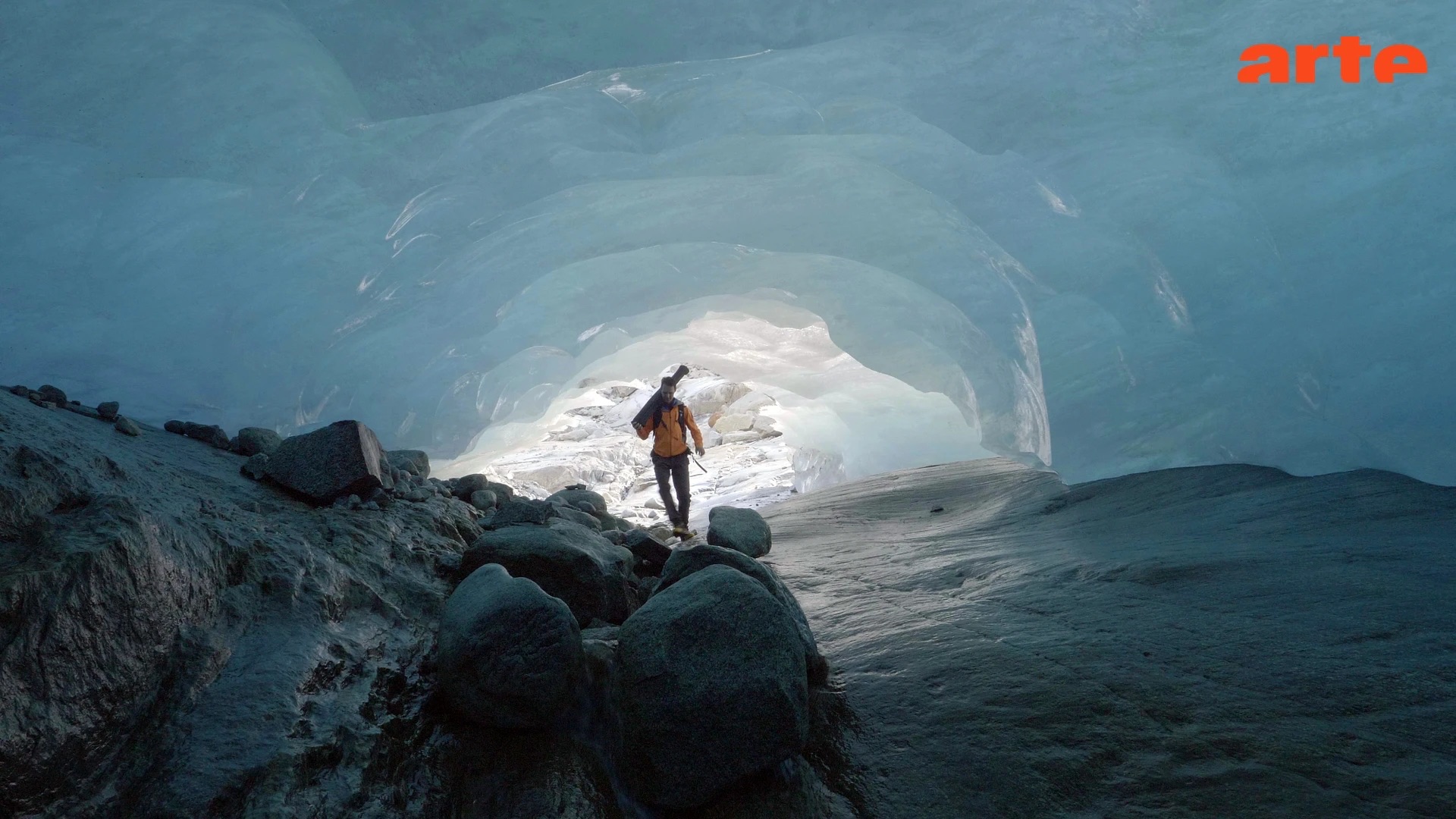
Glaciers – Melting Giants
An ARTE documentary about melting glaciers worldwide and their consequences for local natural hazards, regional water availability and global sea level rise. Well-known glaciers serve as examples, and glaciologists such as Simon Allen, Laura Niggli, Inés Dussaillant and Michael Zemp from GIUZ are interviewed.
-
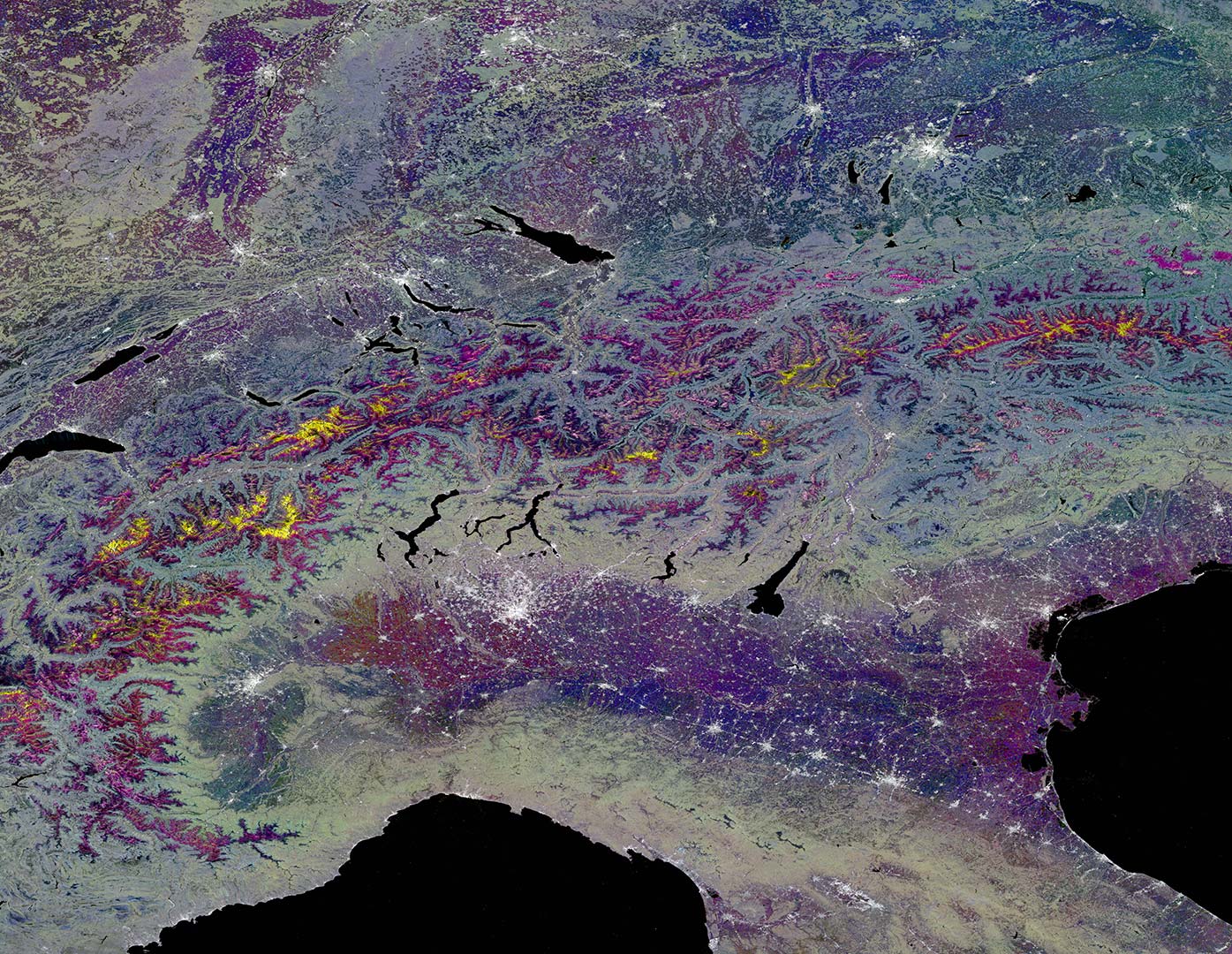
Dreaming of a white Christmas?
In clear skies, optical satellite images reveal where snow lies. Researchers at the University of Zurich’s Department of Geography use radar sensors to gather additional information about snow conditions – even at night or through cloud cover.
-
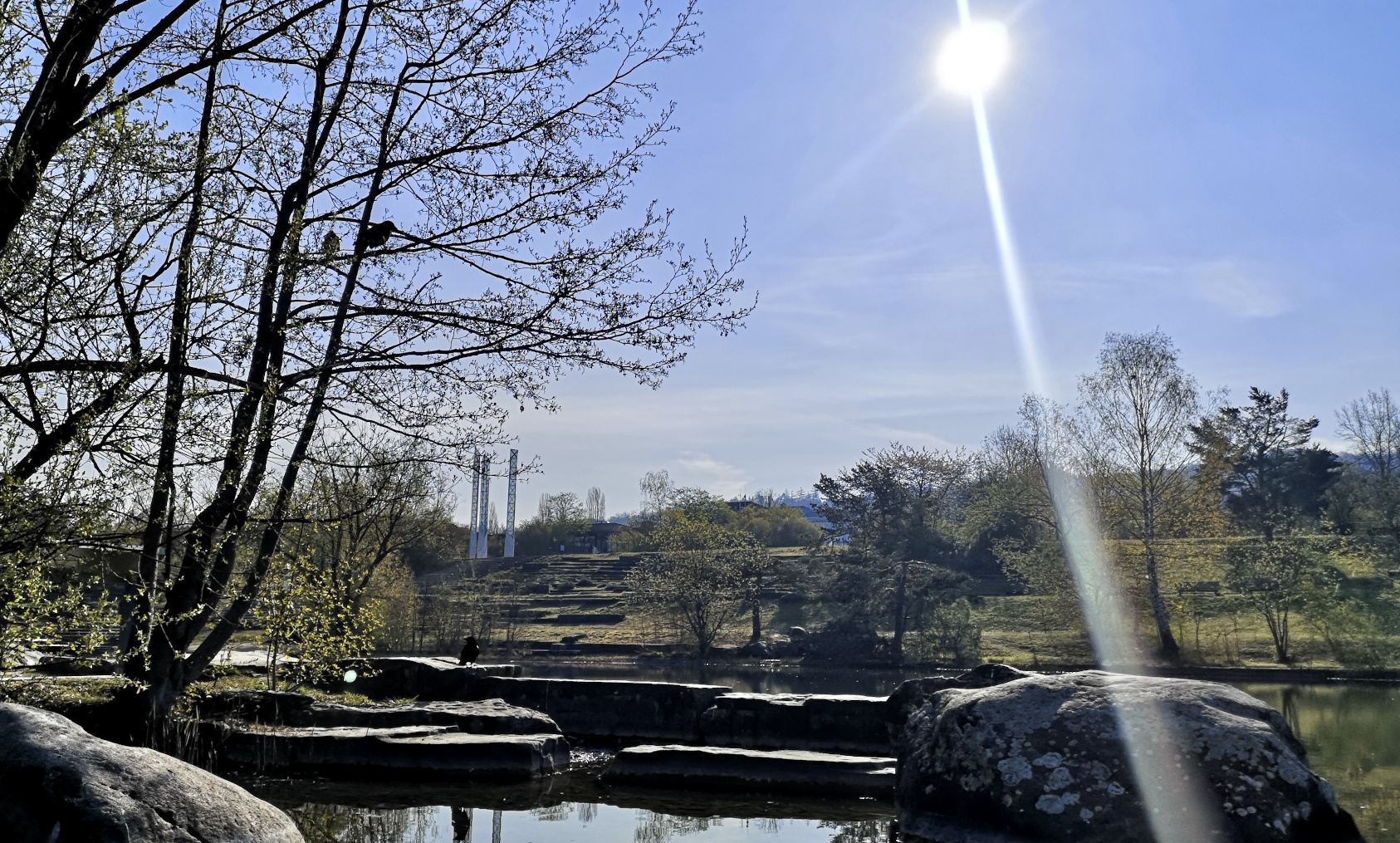
SNSF Starting Grants 2026: Call to identify and offer support to selected candidates
The Department of Geography is pleased to support candidates for the SNSF Starting Grants 2026. We are particularly interested in candidates whose proposed research matches GIUZ’s identified research priorities in Soils and Global Change, Health Geography and Global Environmental Justice.
-

Landslides and Heavy Rainfall
Natural hazards such as avalanches and flooding are likely to become more frequent in Switzerland. UZH geographers are working to improve predictions of where they could occur and what the impact will be.
-

The Looming Threat of Demolition
For many people, finding an apartment in Zurich has become a living nightmare. Extremely low vacancy rates, mass evictions and rising construction costs are exacerbating the situation. Researchers at the Department of Geography are investigating the crisis and putting it into conversation with experiences in Geneva.
-

«Blatten könnte ein Modellfall werden – auch international»
Eine neue Gefahrenkarte bietet einen Blick in die Zukunft im Lötschental. Sie zeigt, wo künftig gebaut werden darf – und wo nicht. Christian Huggel sagt im Interview, dass der Ort ein wegweisendes Beispiel für das Leben in Alpentälern werden könnte.
-
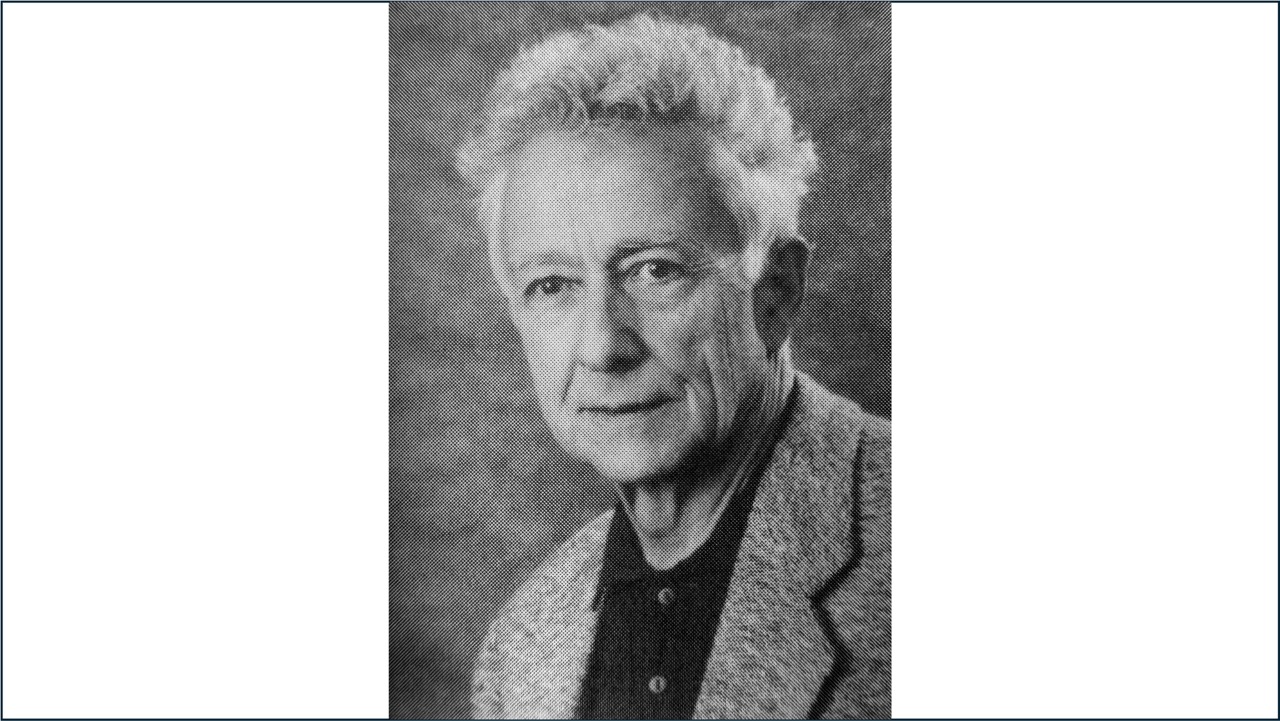
Prof. Albert Leemann (1929 - 2025)
We mourn the loss of our esteemed former colleague Prof. Albert Leemann. He passed away on 24 October 2025 at the age of 96.
-
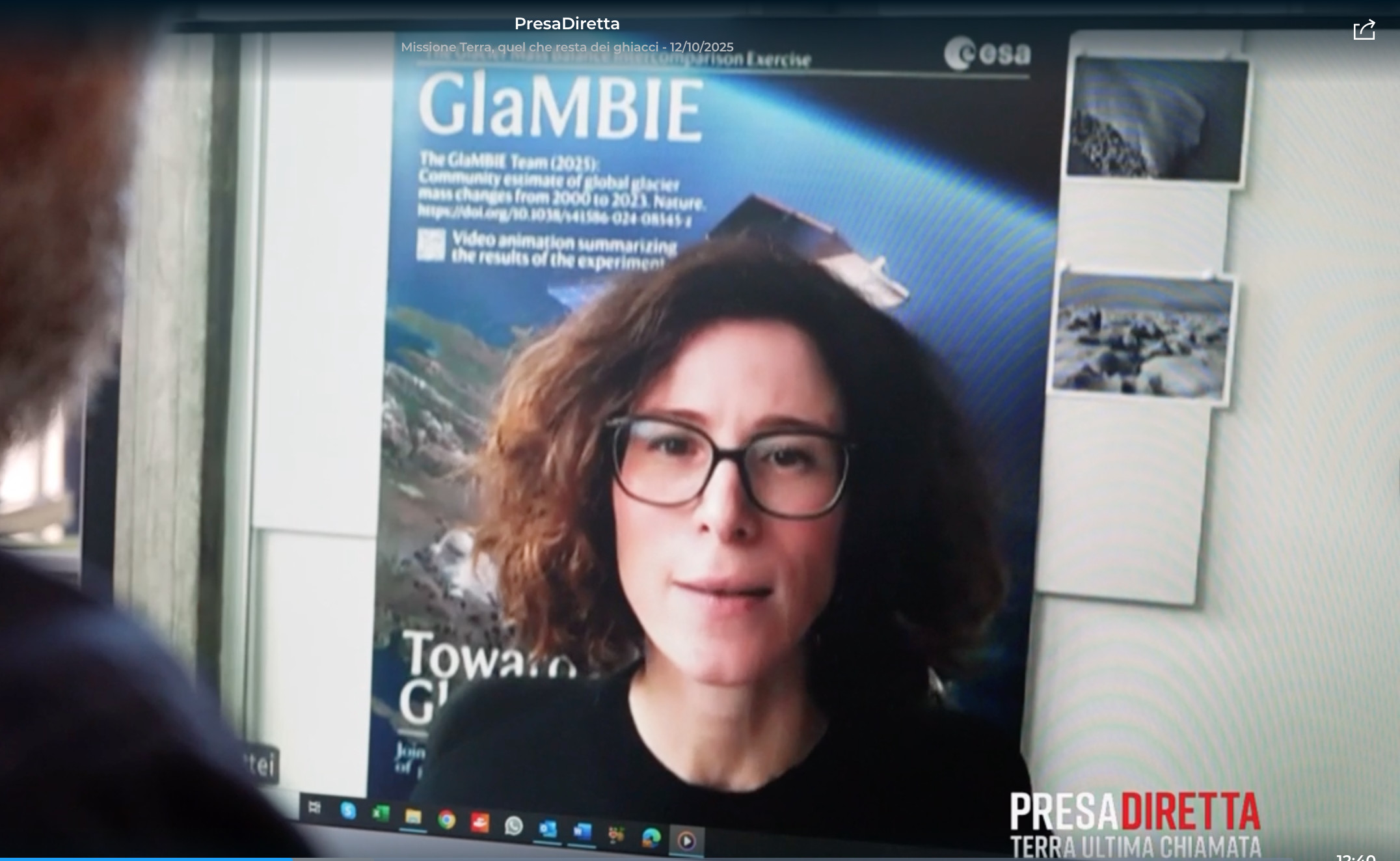
Mission Earth – what remains of the ice
The project GlaMBIE (Glacier Mass Balance Intercomparison Exercise) explores how satellite observations are used to monitor over 275,000 glaciers worldwide. Livia Piermattei, Professor for Remote Sensing of Environmental Change, talked about this project in the Italian documentary program "PresaDiretta".
-

Den Puls des Kantons Zürich messen
Aus den vielen, frei verfügbaren Daten von Ämtern und Organisationen Indikatoren für gesellschaftliche, ökonomische und ökologische Veränderungsprozesse zu entwickeln, das ist das Ziel des DIZH Public Data Lab. Dafür haben Forschende der UZH und der Zürcher Hochschule der Künste mit dem Statistischen Amt des Kantons Zürich und dem Verein Opendata.ch zusammengespannt. Kürzlich fand die feierliche Eröffnung statt.
-
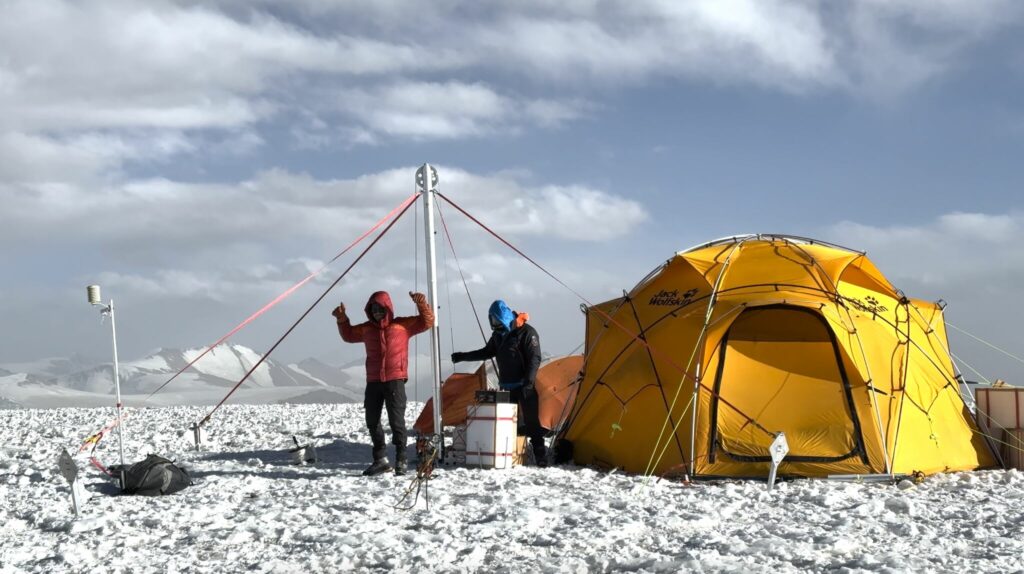
Looking into the past to unravel the mystery of Pamir glaciers
In the Pamir Mountains of Tajikistan, certain glaciers have been resilient to climate change in recent decades – in sharp contrast to those in the rest of the world. Evan Miles and Andreas Henz, glaciologists at the Department of Geography, took part in an international team to collect two ice cores at an altitude of over 5,800 meters in order to understand this phenomenon.
-
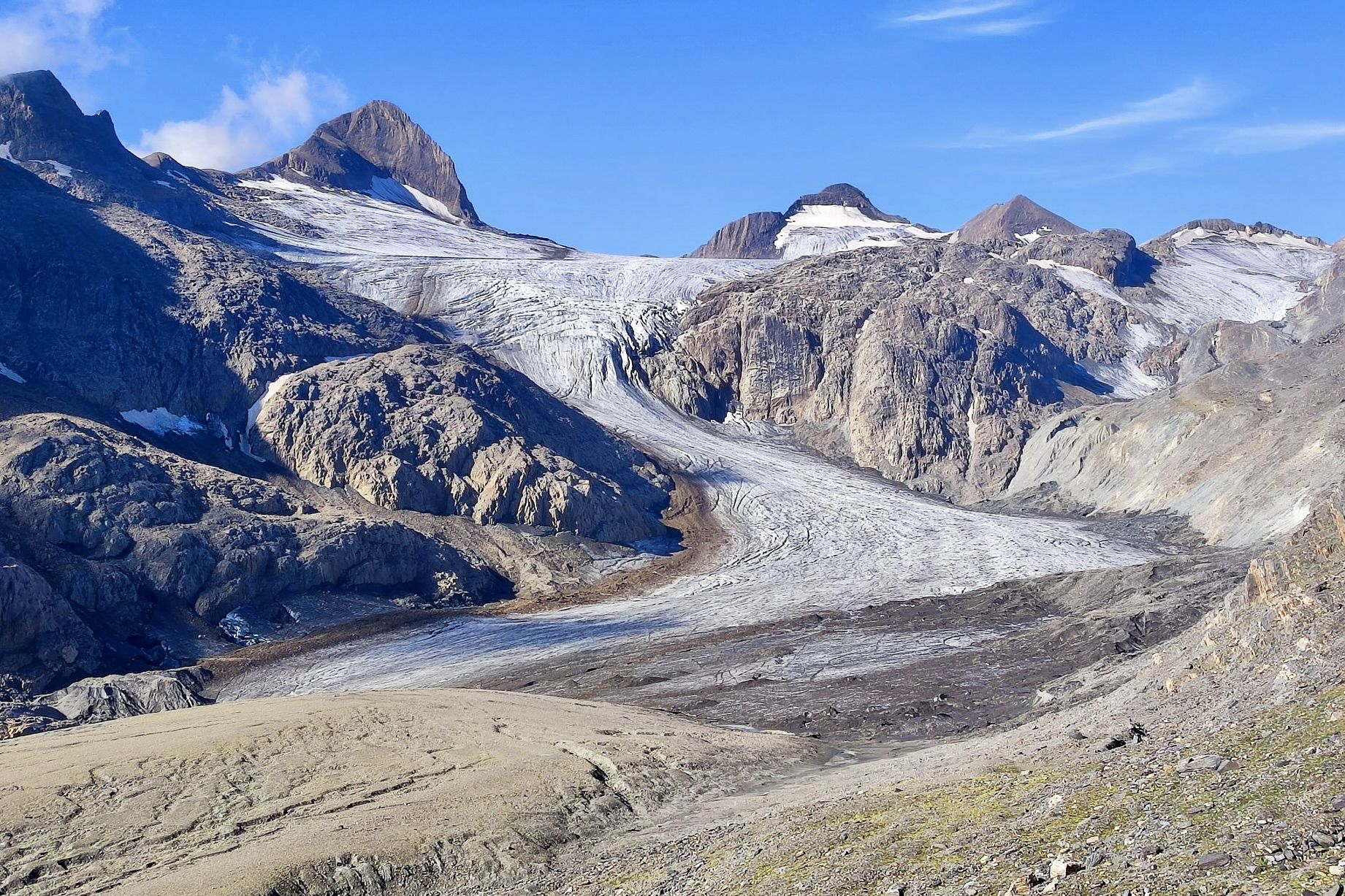
And Swiss glaciers continue to melt
Glacial melting in Switzerland was once again enormous in 2025. A winter with low snow depth combined with heat waves in June and August led to a loss of three per cent of the glacier volume. This is the fourth largest level of shrinkage since measurements began. Consequently, the ice mass reduced by one quarter in the last ten years.
-

High-resolution insights into mobility, housing and ageing in Swiss cities
The Urban Data Hub (UDH) will provide data on population-level urban trends at fine geographic resolutions, enabling linkage across sectors and supporting the study of complex urban dynamics. The initial focus is on mobility, housing, and aging. The UDH is an interdisciplinary initiative at UZH led by the Digital Society Initiative (DSI) and Esra Suel, head of the GIUZ Urban Analytics unit.
-

How Climate Change Influenced the Blatten Landslide
In May, a landslide above Blatten in the canton of Valais buried most of the village under a mass of ice, mud and rock, an event that has prompted in-depth research. At a recent conference in Innsbruck, GIUZ researcher Christian Huggel presented his findings on the link between the landslide and climate change.
-
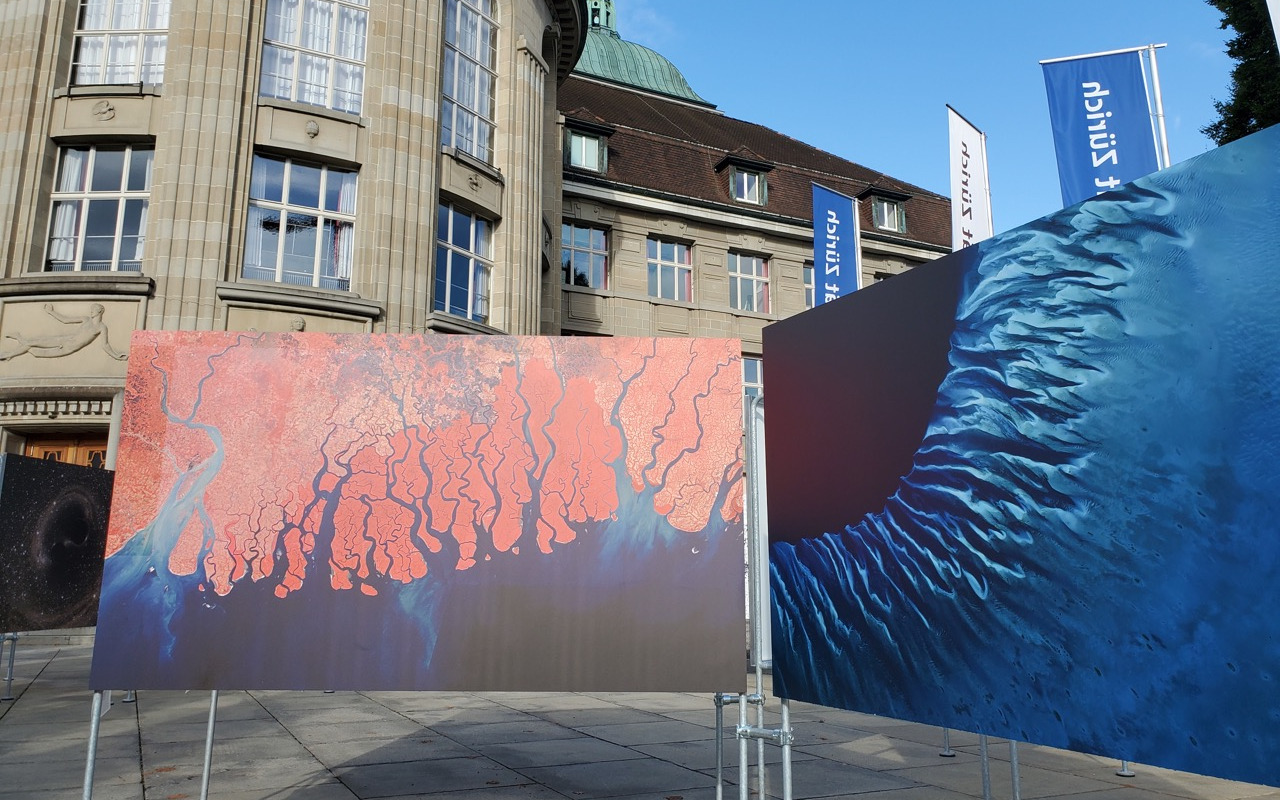
The Aesthetics of Wonder
Take a fascinating and surprising look at Earth and the universe! First directly in front of the main UZH building, then at Irchel Campus, the exhibition transforms space research into an emotional and visual experience – a dialogue between science and art that sparks curiosity and inspires innovation.
-

Girls* on Ice – Experiencing science, changing role models
The Department of Geography at the University of Zurich is a partner institution of the successful education and outreach programme. During a multi-day expedition in the high mountains, young women* experience glacier research first-hand, apply scientific methods and discover new perspectives in dialogue with experts.
-
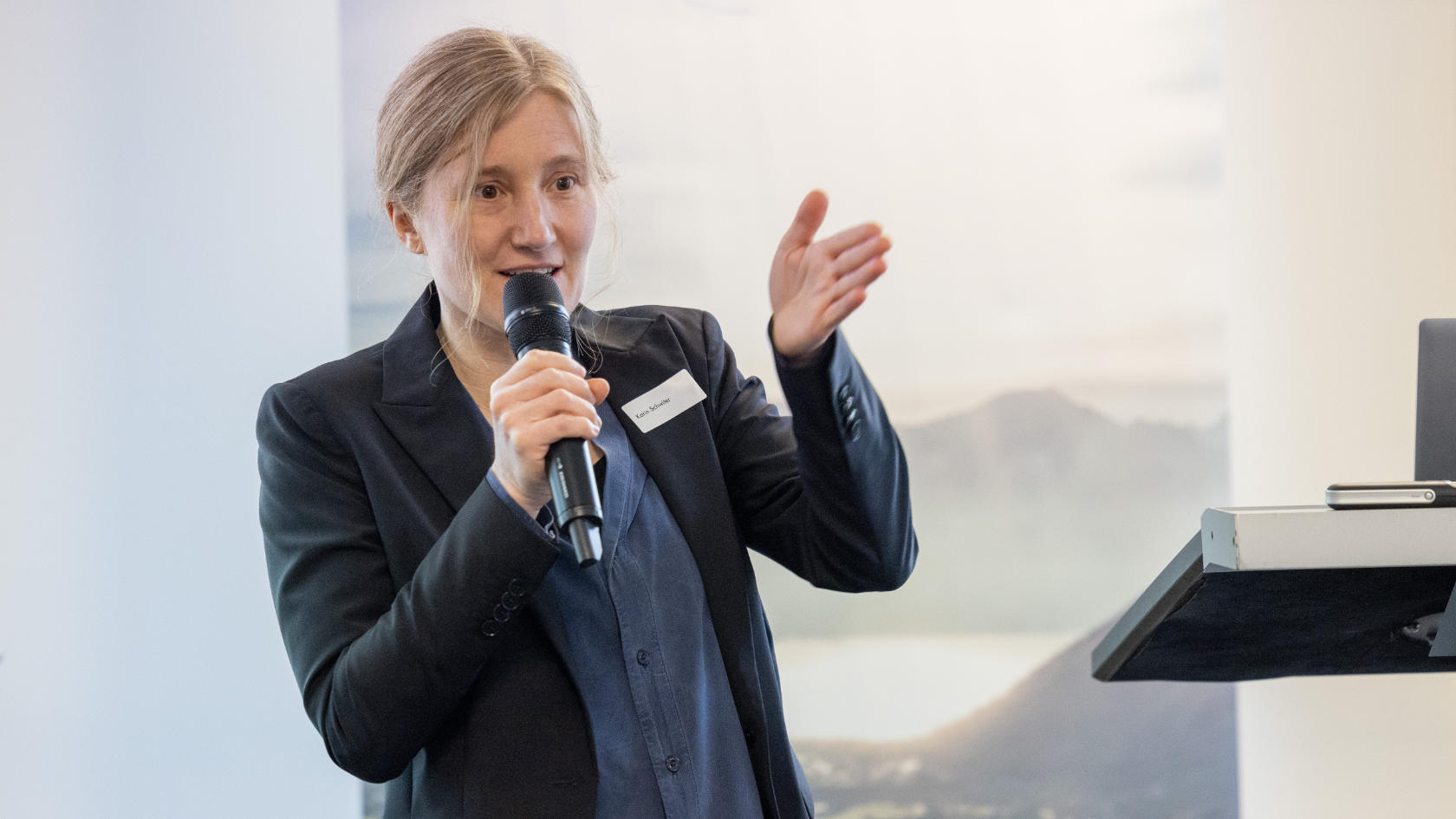
The Downside of Part-Time Work
UZH labor geographer Karin Schwiter has been awarded one of the coveted ERC Advanced Grants from the European Research Council. Over the next five years, she plans to study the problem of underemployment in Switzerland, the UK and the Netherlands.
-

Research Begins on Landslide in Blatten
A few days after the landslide in the Lötschental valley, remote sensing specialists from the University of Zurich (UZH) measured the debris cone from above. Analyzing the data will help prepare for future events.
-

Wounded Rainforest
Alexander Damm-Reiser uses satellite data to analyze biodiversity, ecosystems and environmental damage and capture the results in images. Among other things, this makes it possible to assess the ecological footprint of companies objectively and independently.
-
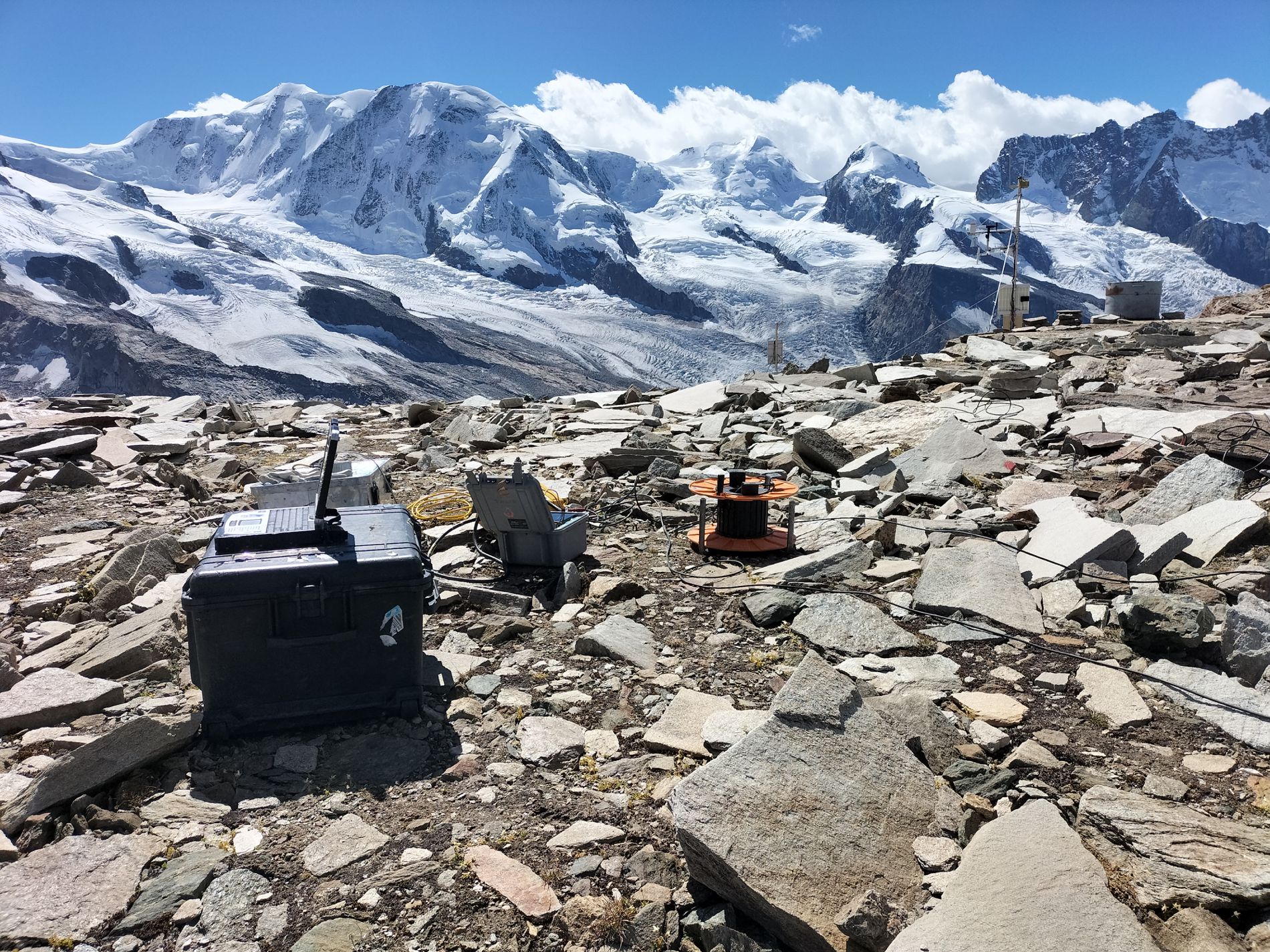
Permafrost in den Schweizer Alpen: 2024 war ein weiteres Rekordjahr
Der Permafrost in den Schweizer Alpen war noch nie so warm wie im hydrologischen Jahr 2024. Auch der Rückgang des Bodeneisgehalts und die Zunahme der Blockgletschergeschwindigkeiten setzten sich weiter fort. Diese Beobachtungen beruhen auf 25 Jahren koordinierter Messungen im Rahmen des Schweizerischen Permafrostbeobachtungsnetzes PERMOS. In diesem Zeitraum haben sich die Permafrostveränderungen in den Schweizer Alpen beschleunigt.
-
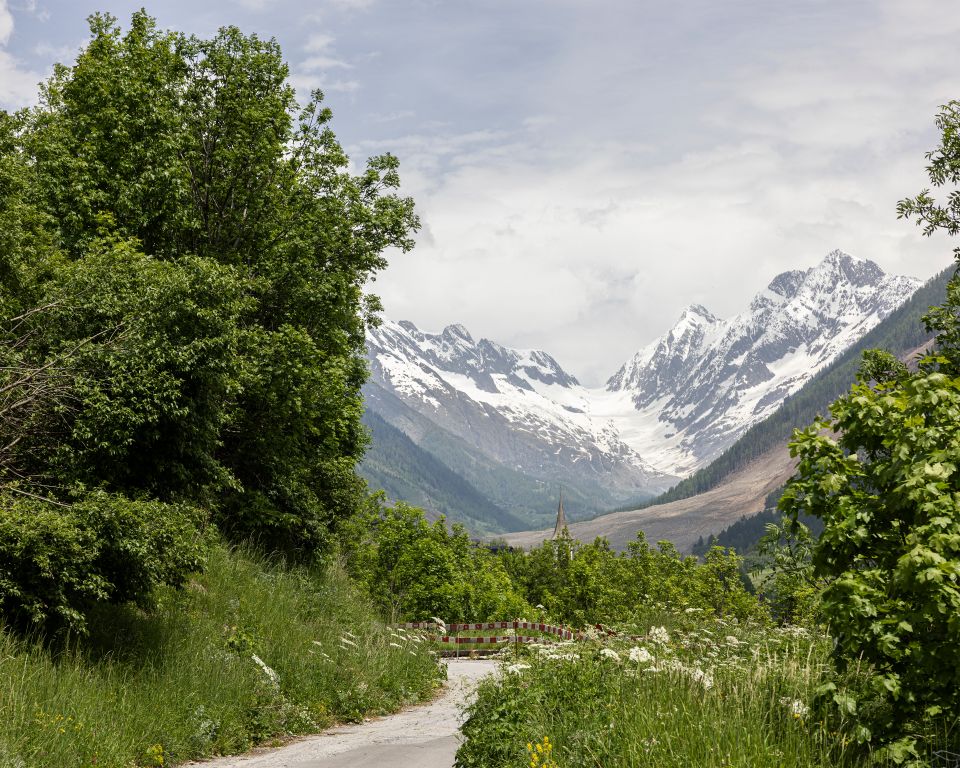
“The weakening of the mountains is irreversible”
For glaciologist and Emeritus Professor of Physical Geography Wilfried Haeberli, it is foreseeable. Landslides will soon become an annual occurrence in Switzerland due to the increasing warming of the permafrost. Can we learn to live with this risk?